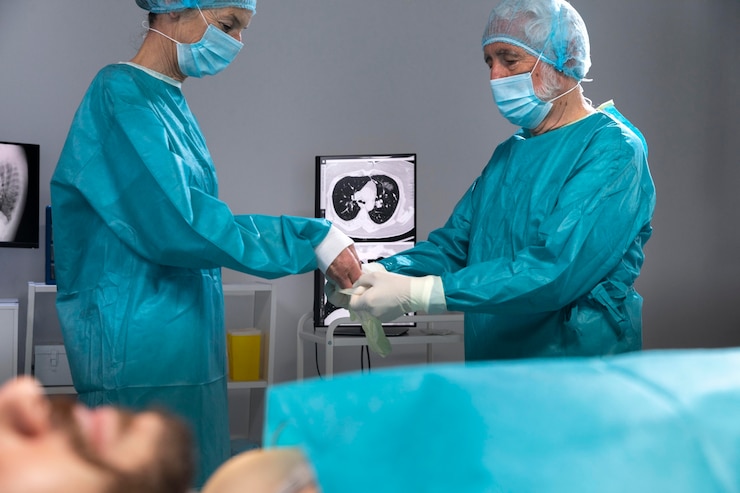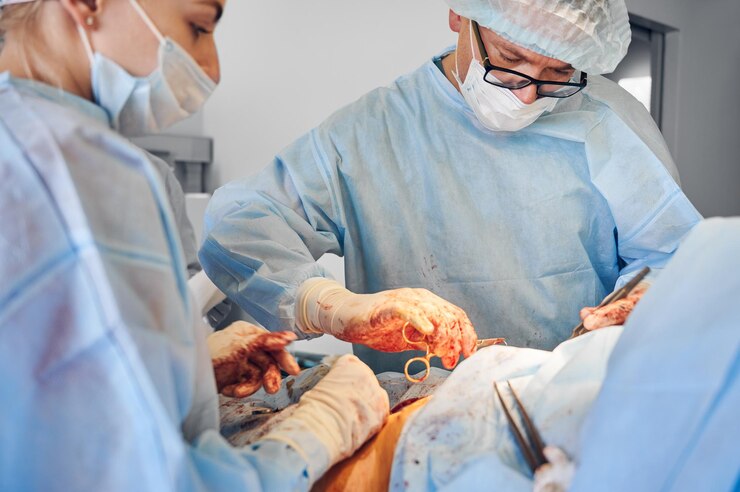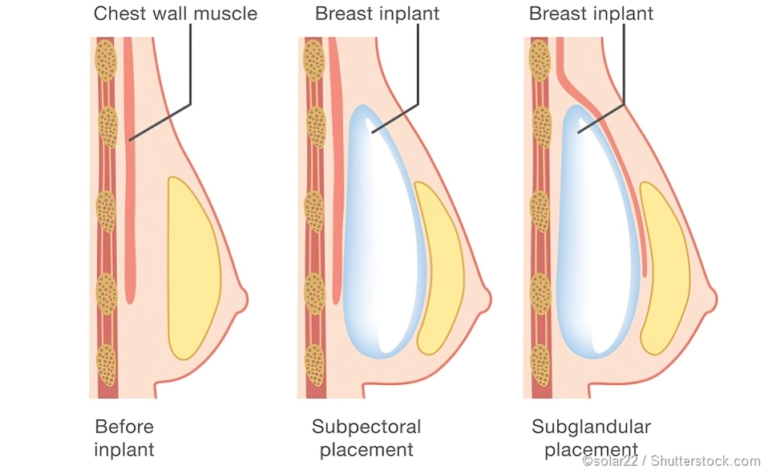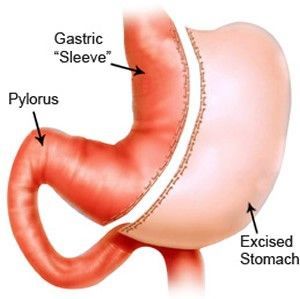Fissure Surgery Recovery: What to Expect and How to Make the Process Easier.
Dealing with an anal fissure can be uncomfortable and disruptive to daily life. When conservative treatments fail to provide relief, surgery may be recommended as a solution. While fissure surgery can effectively alleviate symptoms and promote healing, the recovery process can be challenging. Understanding what to expect during recovery and implementing strategies to make the process easier can help individuals navigate this period with greater comfort and confidence. In this article, we’ll explore the recovery journey after fissure surgery, along with practical tips to facilitate a smoother and more manageable recovery.
To Know More About It Please Click Here
- Immediate Post-Surgery Period: Following fissure surgery, patients are typically monitored in a recovery area until they are stable enough to return home. Pain management is a primary concern during this time, and patients may receive prescription pain medications to alleviate discomfort. It’s essential to follow the post-operative instructions provided by the surgeon, including guidelines for wound care, medication administration, and activity restrictions.
- Pain Management: Pain and discomfort are common after fissure surgery, particularly during bowel movements. To manage pain effectively, it’s important to take prescribed pain medications as directed. Additionally, applying ice packs or warm compresses to the surgical site can help reduce inflammation and alleviate soreness. Over-the-counter pain relievers such as ibuprofen or acetaminophen may also provide relief, but it’s crucial to consult with a healthcare provider before taking any new medications.
- Dietary Modifications: During the initial stages of recovery, it’s advisable to follow a soft and easily digestible diet to minimize strain on the surgical site. Incorporating high-fiber foods such as fruits, vegetables, and whole grains can help promote regular bowel movements and prevent constipation, which can exacerbate discomfort. Drinking plenty of water and staying hydrated is essential to maintain bowel regularity and support healing.
- Stool Softeners and Laxatives: To prevent straining during bowel movements, healthcare providers may recommend stool softeners or laxatives to promote gentle and pain-free passage of stool. These medications can help prevent further irritation to the surgical site and support the healing process. It’s important to use these medications as directed and avoid relying on them for an extended period, as long-term use may lead to dependence.
- Sitz Baths: Sitz baths involve soaking the perineal area in warm water for several minutes at a time, which can help alleviate discomfort and promote healing after fissure surgery. The warm water relaxes the muscles and improves blood flow to the area, reducing pain and inflammation. Adding Epsom salts or soothing herbal extracts to the sitz bath can enhance its therapeutic effects and provide additional relief.
- Gentle Hygiene Practices: Maintaining proper hygiene is essential during the recovery period to prevent infection and promote healing. After bowel movements, gently cleanse the anal area with mild soap and water or use unscented, alcohol-free wipes. Avoid using harsh or abrasive cleansers, as they can further irritate the surgical site. Pat the area dry with a soft towel or use a hairdryer on a low, cool setting to avoid friction and irritation.
- Follow-Up Care: Regular follow-up appointments with the surgeon are crucial to monitor the healing progress and address any concerns or complications that may arise. During these appointments, the surgeon may perform a physical examination and may recommend additional treatments or modifications to the recovery plan as needed. Open communication with the healthcare team is essential to ensure optimal outcomes and a smooth recovery process.
To Know More About It Please Click Here
Conclusion
Recovery from fissure surgery requires patience, diligence, and self-care. By understanding what to expect during the recovery period and implementing practical strategies to manage pain and discomfort, individuals can navigate this journey with greater ease and comfort. It’s important to follow the guidance of healthcare providers, maintain proper hygiene practices, and prioritize self-care to support the healing process and achieve a full recovery. With time and appropriate care, most individuals can expect to experience relief from symptoms and enjoy improved quality of life following fissure surgery.







